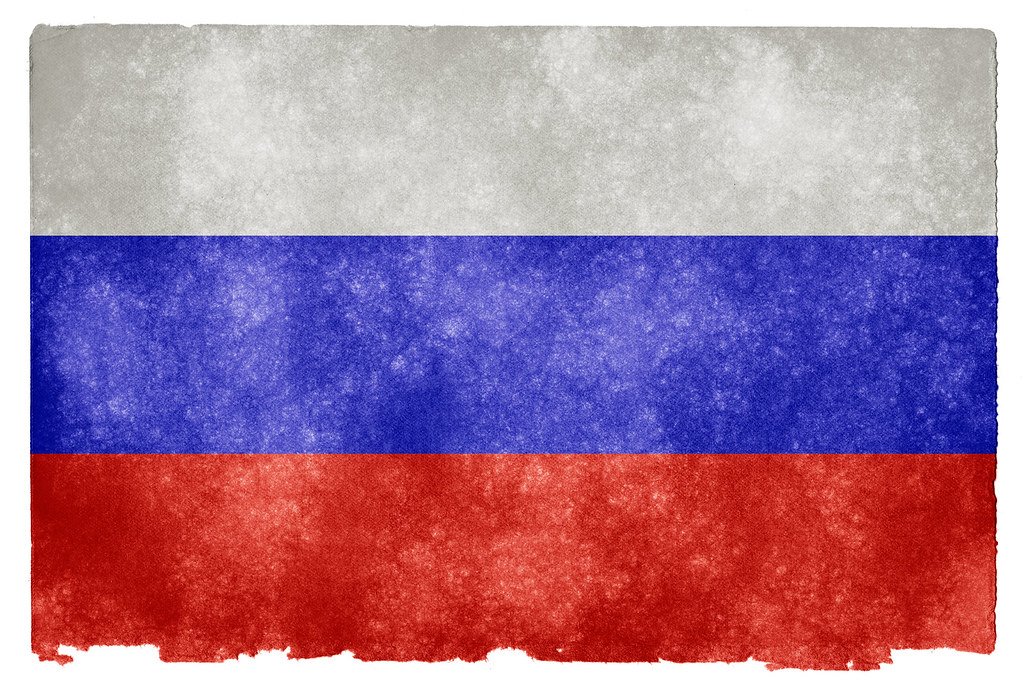(Global Voices) On November 1, Russia’s controversial “Sovereign Internet” bill entered into force. Supporters argue that the move is necessary to shield Russia against cyberattacks from abroad, while human rights and free speech defenders argue that the bill poses a dangerous new threat to freedom of expression online. For now, ordinary users of the RuNet won’t sense much of a difference. At least not until a (vaguely defined) “crisis situation” is declared — in those circumstances, the Sovereign Internet would kick in, separating the internet in certain regions of Russia, or indeed the entire country, from the global network. […]
Putin has long seen Russia’s dependence on foreign digital technology as a security threat, and stated on at least two occasions that the internet was a project created and managed by western security services. As Kirill Rogov wrote on October 29 for the Russian daily newspaper Vedomosti, social media today “mobilises and shapes political loyalty in Russia to the same degree that television did when Vladimir Putin first came to power.” In that light, recent moves to constrain online freedoms have some uncanny similarities to the state’s approach to critical media outlets over the past decade. […]
Read More © Global Voice











